In today’s busy world , we keep running without looking back. Though people tend to go for a workout or make resolutions every time to exercise regularly most of them fail due to various reasons. According to a recent survey ,most people are not able to consistently perform their regular routine and exercises due to the stress that they undergo in their work environment and other such issues
But an undeniable fact is that all these stress and tension are those that could be relieved with just one regular habit and that is by regular exercises
Exercises and Stress Relief
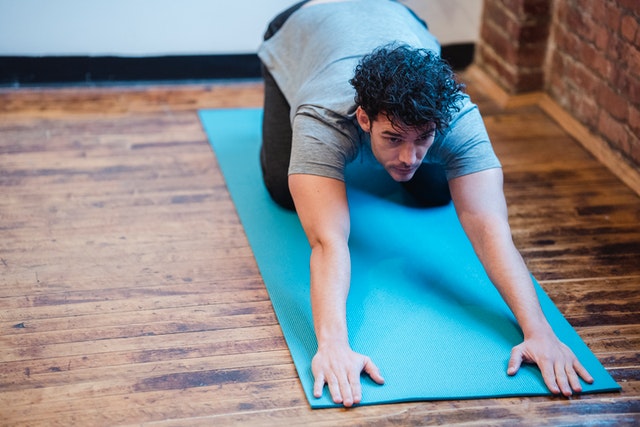
Exercise improves your entire health and well-being, giving you more energy throughout the day. However, exercise has some immediate stress-relieving properties. It raises your endorphin levels. Physical activity may aid in the creation of endorphins, the brain’s feel-good chemicals. Although a runner’s high is commonly associated with this function, any aerobic activity, such as a rollicking game of tennis or a nature trek, can produce the similar sensation.
It helps to alleviate the detrimental consequences of stress. Exercise can help your body cope with stress by simulating the impacts of stress, such as the fight-or-flight response, and allowing your body and systems to practise working together to overcome those effects. This can also have beneficial consequences on your health, such as protecting your cardiovascular, digestive, and immune systems from the negative impacts of stress.
It’s like moving meditation. You may find that after a fast-paced game of racquetball, a lengthy walk or run, or several laps in the pool, you’ve forgotten about the day’s irritations and are just focused on your body’s actions.
You may find that focusing on a single task, and the resulting energy and optimism, can help you stay calm, clear, and focused in everything you do as you begin to consistently shed your daily tensions through movement and physical activity.
It makes you feel better. Regular exercise can boost your self-esteem, enhance your mood, help you relax, and alleviate mild depression and anxiety symptoms. Exercise can also help you sleep better, which can be hampered by stress, depression, and anxiety. All of these workout advantages can reduce stress and give you a sense of control over your body and life.
Exercises , Health, Stress

There are few things in life that are more distressing than illness. Many types of exercise alleviate stress immediately, and exercise also improves the mind by reducing physical illness. Regular physical activity lowers blood pressure, improves cholesterol levels, and lowers blood sugar levels. Heart attacks, strokes, diabetes, colon and breast cancers, osteoporosis and fractures, obesity, depression, and even dementia are all reduced by exercise (memory loss). Exercise helps to slow down the aging process, boost vitality, and extend life.
Except when you’re sick, you should exercise almost every day. That doesn’t always imply going to the gym or preparing for a marathon. It does, however, imply 30 to 40 minutes of moderate exercise, such as walking, or 15 to 20 minutes of severe exercise, such as running. More is better, but the initial steps are the most beneficial. Aim for a daily walk of at least two miles, or an equivalent amount of physical activity. You can complete it all at once or in 10- to 15-minute increments, depending on your schedule. Add in some weight training and stretching two to three times a week, and you’ve got yourself a great, well-balanced health and stress-reduction routine.
Consider autoregulation methods like deep breathing or muscle relaxation if you need further support with stress. Also, keep in mind that mental exercises are tried-and-true methods for reducing stress.
Stress Relieving exercises:
- Brisk Walking:

Going for a brisk stroll is probably the easiest approach to obtain some stress-relieving exercise. According to the Anxiety and Depression Association of America, studies show that a 10-minute walk can assist restore calm and can be just as effective as a 45-minute or longer walk in lowering stress and anxiety.
- Jogging or Running
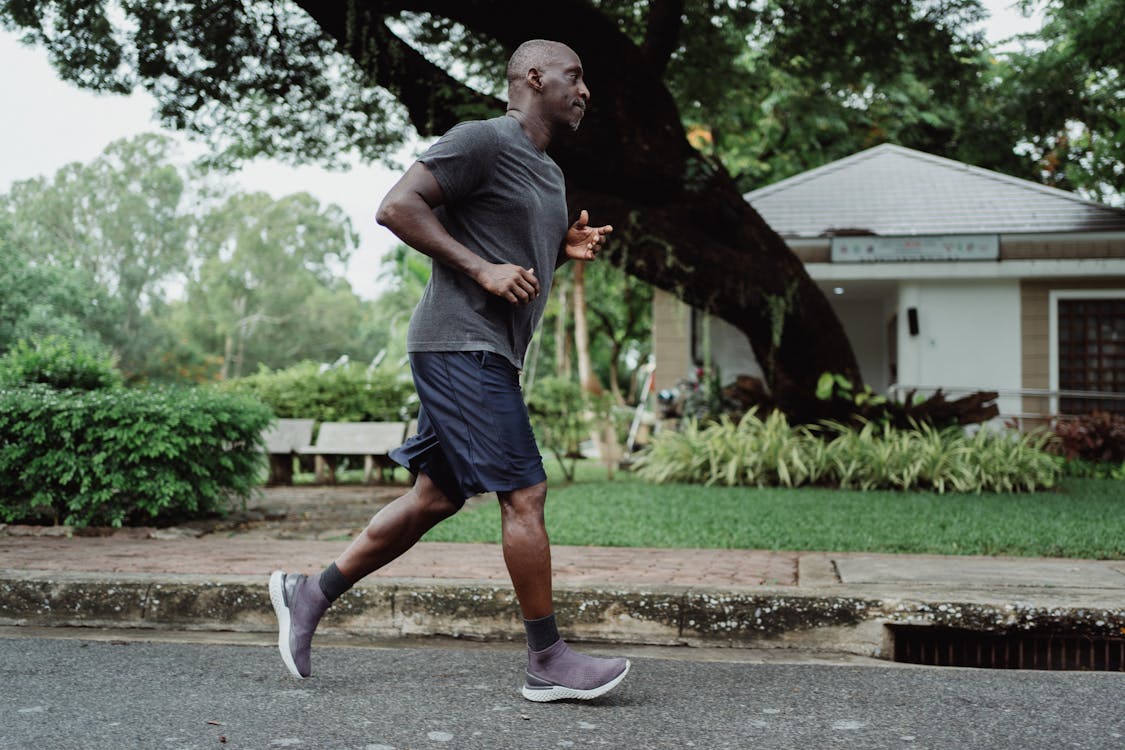
If your joints allow it, consider jogging or running for even greater anxiety relief. Just make sure you’re on a safe path and wearing shoes that provide enough support and cushioning.
- Swimming

Swimming is a terrific full-body workout that also includes some resistance training features because water is denser than air and will resist your movements more than when you move on land. For other people, being submerged in water is also quite relaxing and can help them relax even more.
Also Read: 9 Tips for a healthier Heart
- Cycling

Cycling is low-impact on the joints and can provide a good cardiovascular workout. Just remember to wear your helmet and keep an eye out for automobiles and potholes. Alternatively, for the safest alternative, hop on a stationary cycle.
- Dancing
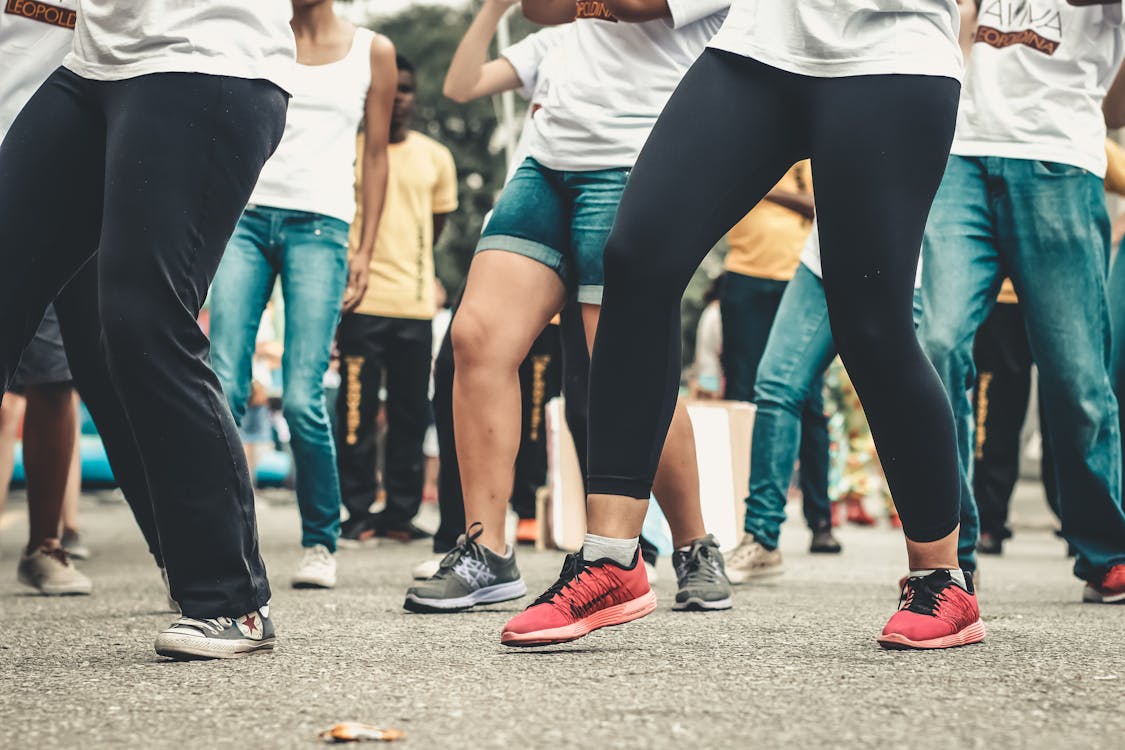
Is there anything more uplifting or enjoyable than busting a move to some fantastic music? Dancing is a great method to relieve tension while also getting a good workout. It may also be a very sociable activity, which can help you feel more connected and supported, which can help you feel less worried.
- Boxing

Do you ever want to hit something when you’re frustrated or angry? If you have a boxing bag or a sparring partner, boxing may be a great method to relieve tension, anger, and other negative emotions while also getting a great heart-pumping workout.
- HIIT Workouts
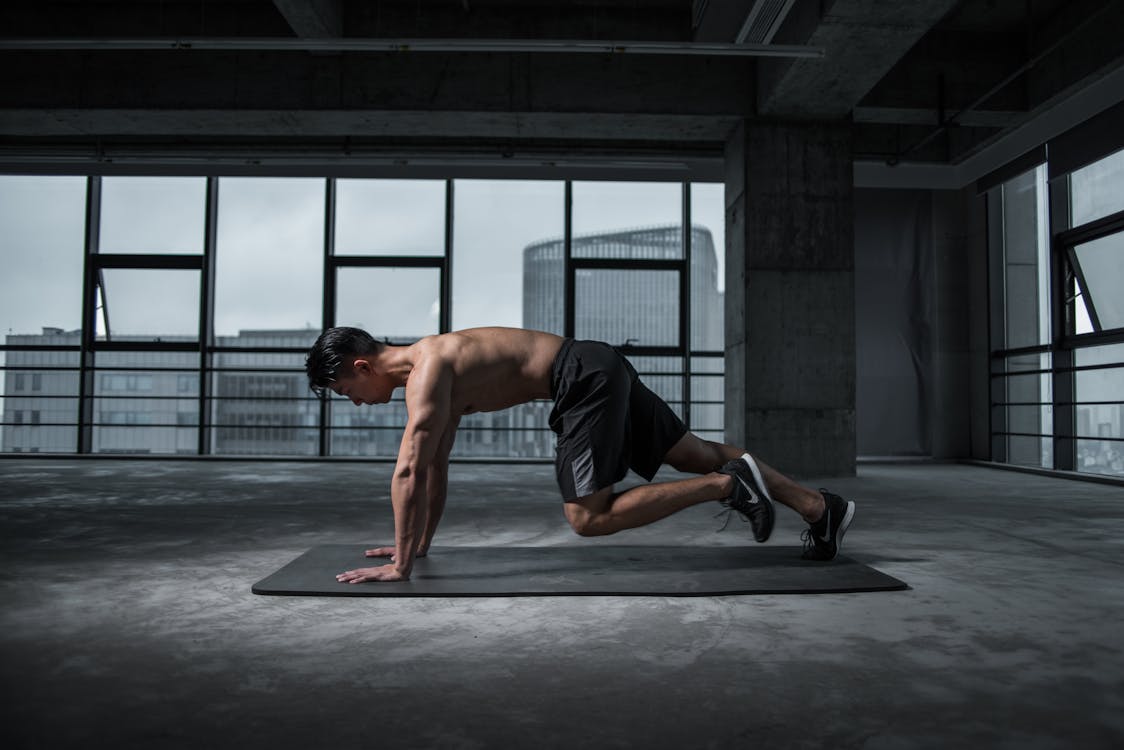
High-intensity interval training (HIIT) gets your heart racing quickly by combining aerobic, anaerobic, and strength elements into a short workout that can offer large health and wellbeing dividends.
- Yoga
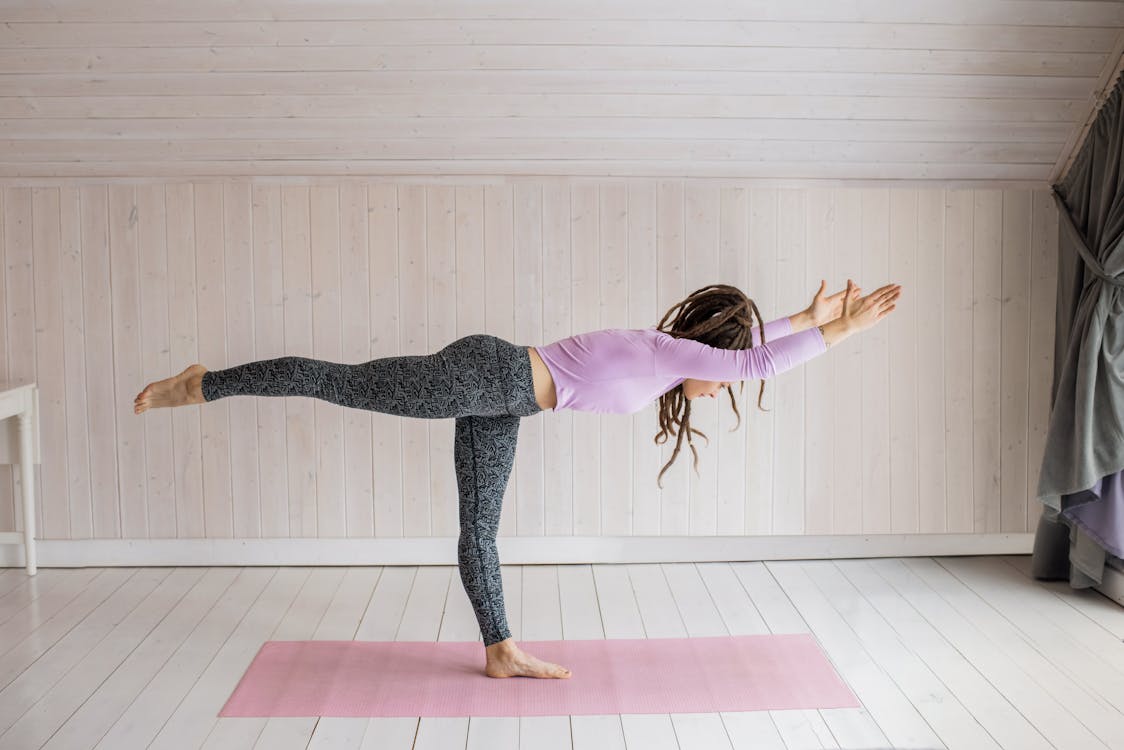
Yoga is frequently regarded as the gold standard in terms of stress and anxiety treatment exercises. Tai chi is a gentle exercise that combines slow, deliberate movement with breathing exercises. Yoga and tai chi can integrate the mental and physical sides of oneself for enormous benefit to body and mind, whether you undertake an energetic hot house yoga workout that gets you sweating or a really gentle breathing and stretching practice that barely seems like exercise.
- Breathing Exercises

Yoga’s ability to link breath and movement is one of its most effective anxiety-relieving features. When you’re suffering with stress or worry, breathing exercises are a great way to help you relax and re-center.
- Gardening

Working in the garden might get you up and moving more than you might think. Stretching, bending, digging, and carrying plants, dirt, or a full watering can around the garden can help you beautify your environment and quiet your thoughts while working a variety of muscles and elevating your heart rate somewhat.
Further Readings:




